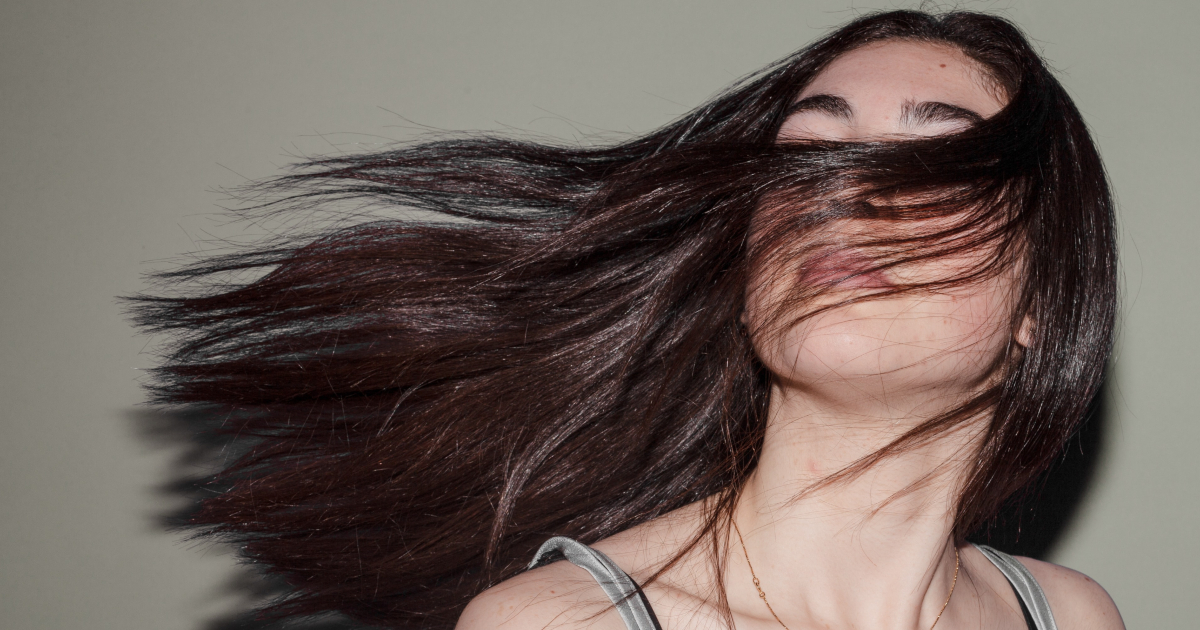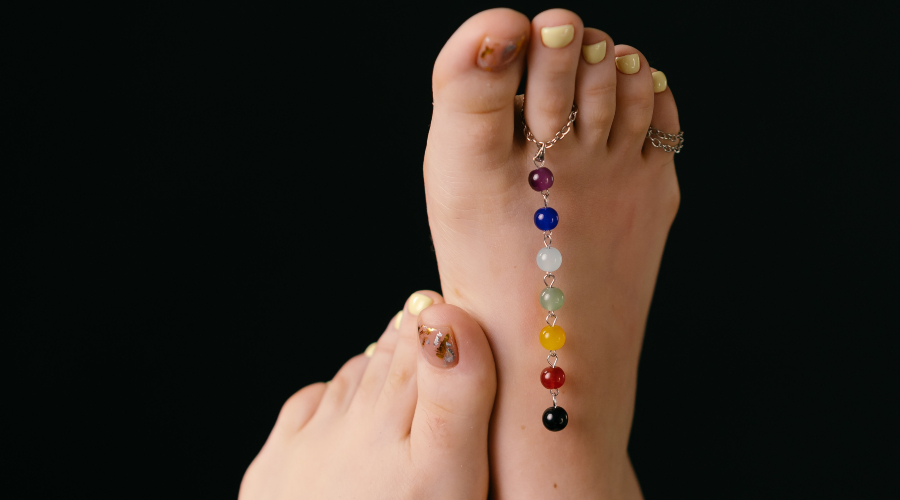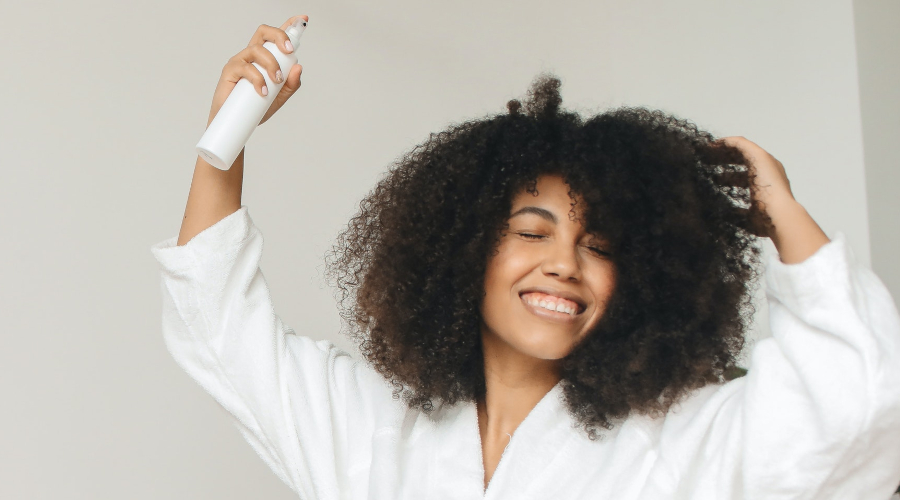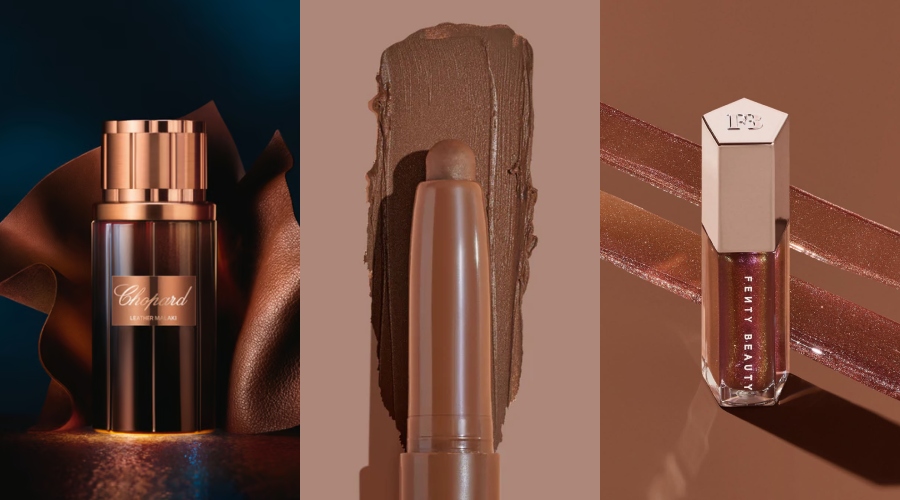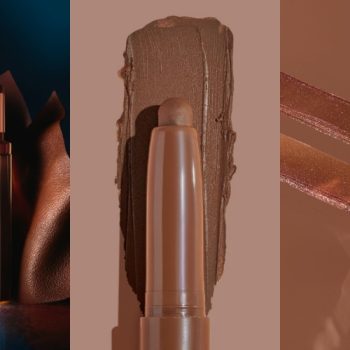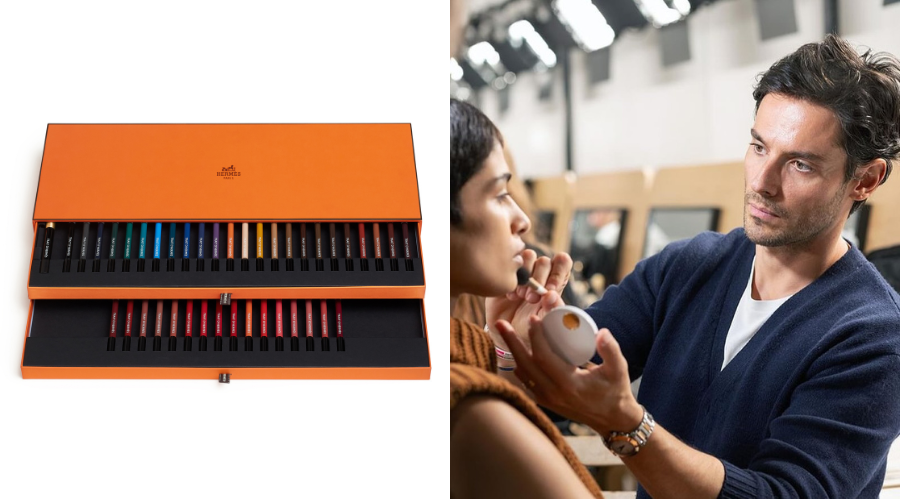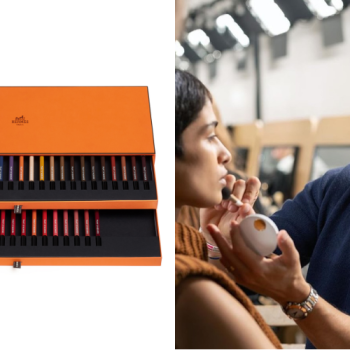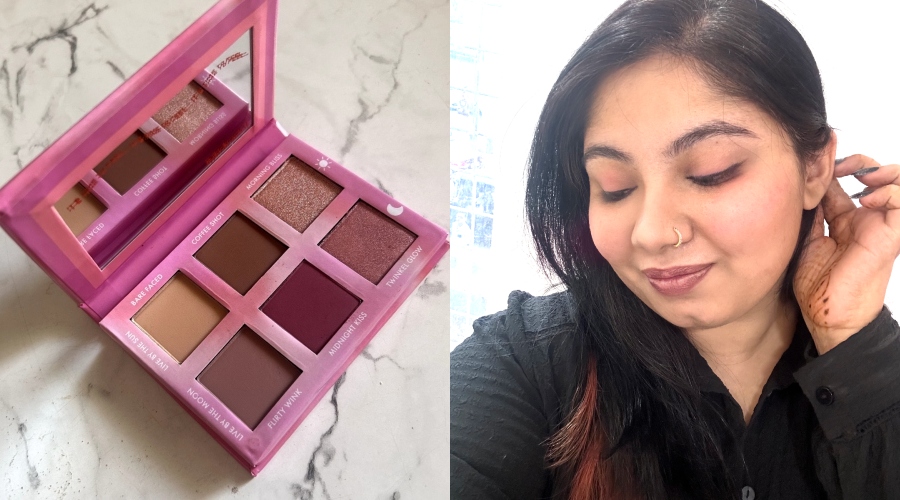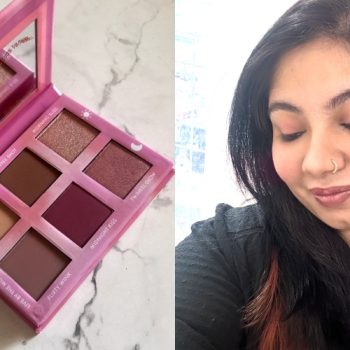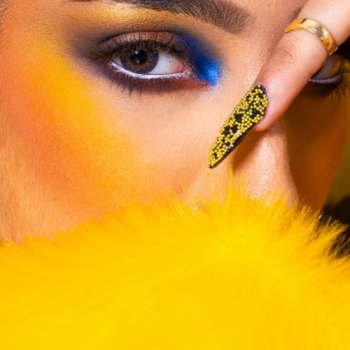The digital age has made everyone inseparable from their gadgets. It is said that the average screen time people expose themselves to can range between 3.5 hrs to 7 hrs. At work or home, tech around you and constantly emit blue light radiation. And contrary to popular belief, blue light can indeed be really damaging to your skin and just slapping on sunscreen may not be the solution. This is why dermatologists, beauty experts and brands alike have started to stress the importance of blue light prevention in your skincare routine.
What is blue light?
Blue light is the shortest wavelength in the visible light spectrum. It is the closest to ultraviolet radiation and causes accelerated ageing of the skin and other effects. Sunlight is the primary source and being outdoors is where we get most of our exposure. But indoors, the sources of blue light are television screens, phone screens, laptop screens, fluorescent lights, LED lights, smartphones, tablets and most other gadgets.
“Sources of high energy visible light (HEV) devices, emit only a fraction of the blue light than the sun does. But the amount of time we spend in front of these devices, and the proximity to the screens have a long term effect,” reveals Dr Sravya C Tipirneni, dermato-cosmetologist and trichologist at Manipal Hospitals.
How is blue light harmful to the skin?
Blue light exposure causes harm to the skin through free radical generation, which leads to premature ageing. It is known to penetrate to the dermis layer of the skin, attacking collagen and elastin levels. Prolonged exposure can lead to loss of skin firmness and increased fine lines. The damage ultimately makes skin dull and lifeless.
Dr Tipirneni says, “It can penetrate deeper into your skin as compared to both UVA and UVB rays, which is why it is more harmful. Oxidative damage, or free radical causation, causes oxidative stress, which then accelerates collagen breakdown leading to spots, pigmentation, fine lines, wrinkles, under-eye bags, dark circles, and a lot more. Pre-existing conditions like melasma, sunspots or freckles worsen by blue light damage.”
However, if you have heard differently from your trusted sources, conflicting views on this issue do exist. According to Dr Kiran Kaur Sethi, MD Isya Aesthetics Clinic, “Blue light damage is not a myth. However, there is a lot of conflicting data about how bad it is really for you. Many studies have shown that excessive exposure can increase signs of ageing, pigmentation and worsen skin overall in the long term, but some studies deny this is true. Given that it’s best to anyway reduce your screen time, I suggest you try to do so.”
How to minimise blue light damage on the skin?
Protection against blue light damage comes in the form of enriching your skin with antioxidants and shielding it from exposure as much as possible.
Topical antioxidant-rich products help to neutralise the free radicals generated in the skin. Paired with a minor SPF, you can boost your skin’s defence against oxidative damage in the AM and PM.
Your skin also naturally contains antioxidants like vitamin E, but they are limited. This is why you are required to supply it with more. Eat a diet rich in antioxidants to create a reservoir of nutrients in your skin, so even after washing your face in the evening, your skin’s defences are up. Some antioxidant-rich foods are berries, kale, dark chocolate, artichokes, beans and red cabbage.
Dermat tips on dealing with blue light damage.
Dr Tipirneni recommends cutting down on screen time (especially at night), as staring at screens disrupts your body’s entire circadian rhythm. Because of this, you can suffer from sleep deprivation. Your body’s sleep cycle is out of sync because of the levels of sleep hormones, Melatonin, depleting. Your skin cells continue to think it is daytime and hence hinders the repair process.
Dr Sethi recommends, “Put a blue light filter on your screens and use a mineral sunblock with zinc oxide to protect against exposure. Wear that sunblock indoors and outdoors.”
Antioxidant ingredients like vitamin C and ferulic acid can help prevent hyperpigmentation and skin dullness. You should also use a concentrated cream around the eyes to prevent puffiness, wrinkles and dark circles. Innovative products, like Colorbar’s entire Blue Light Defense range and Daughter Earth Serum Absolut contain blue-light defence actives to minimise the damage caused by exposure. However, make sure to patch test any new product you are hoping to add to your routine.

